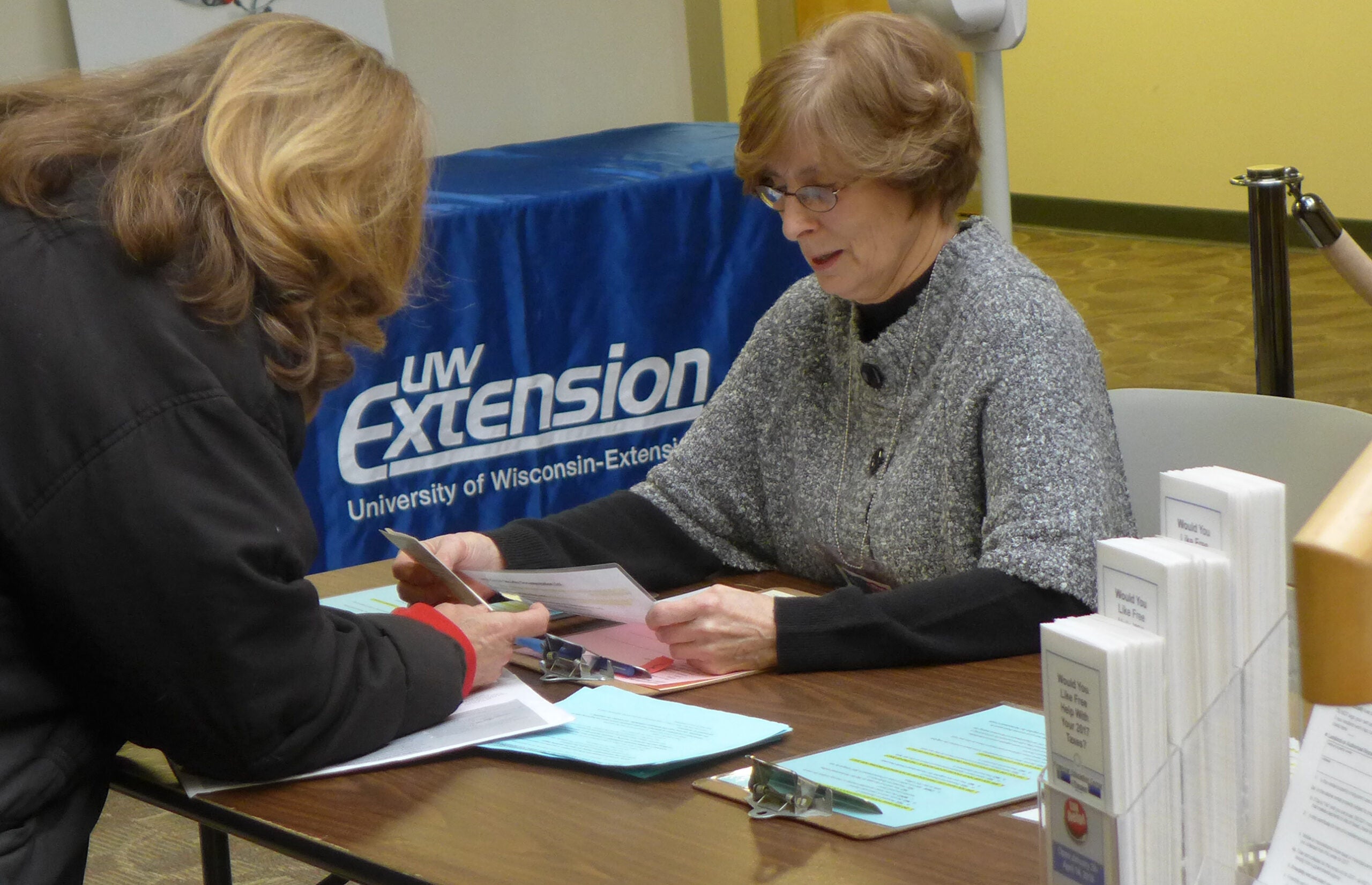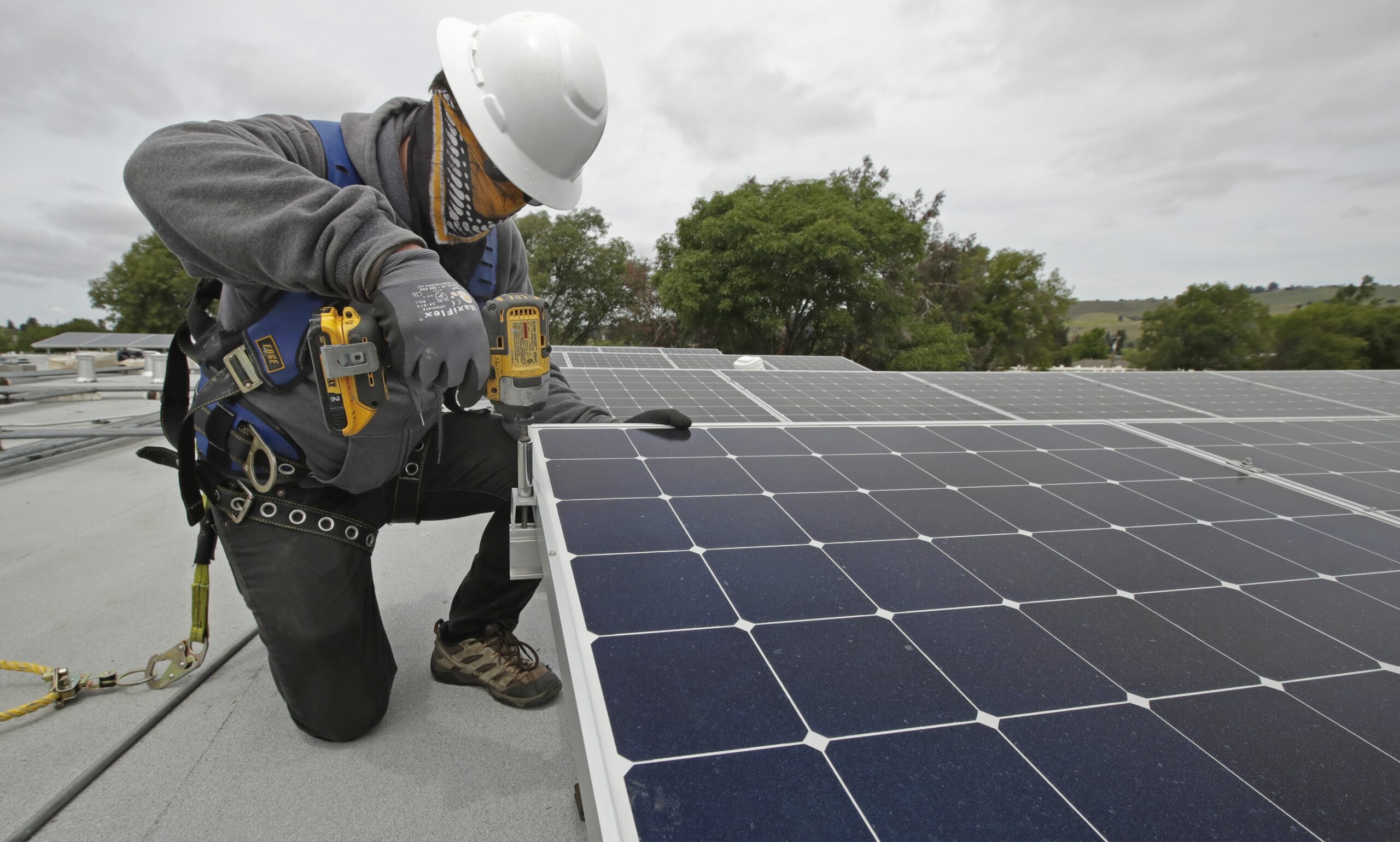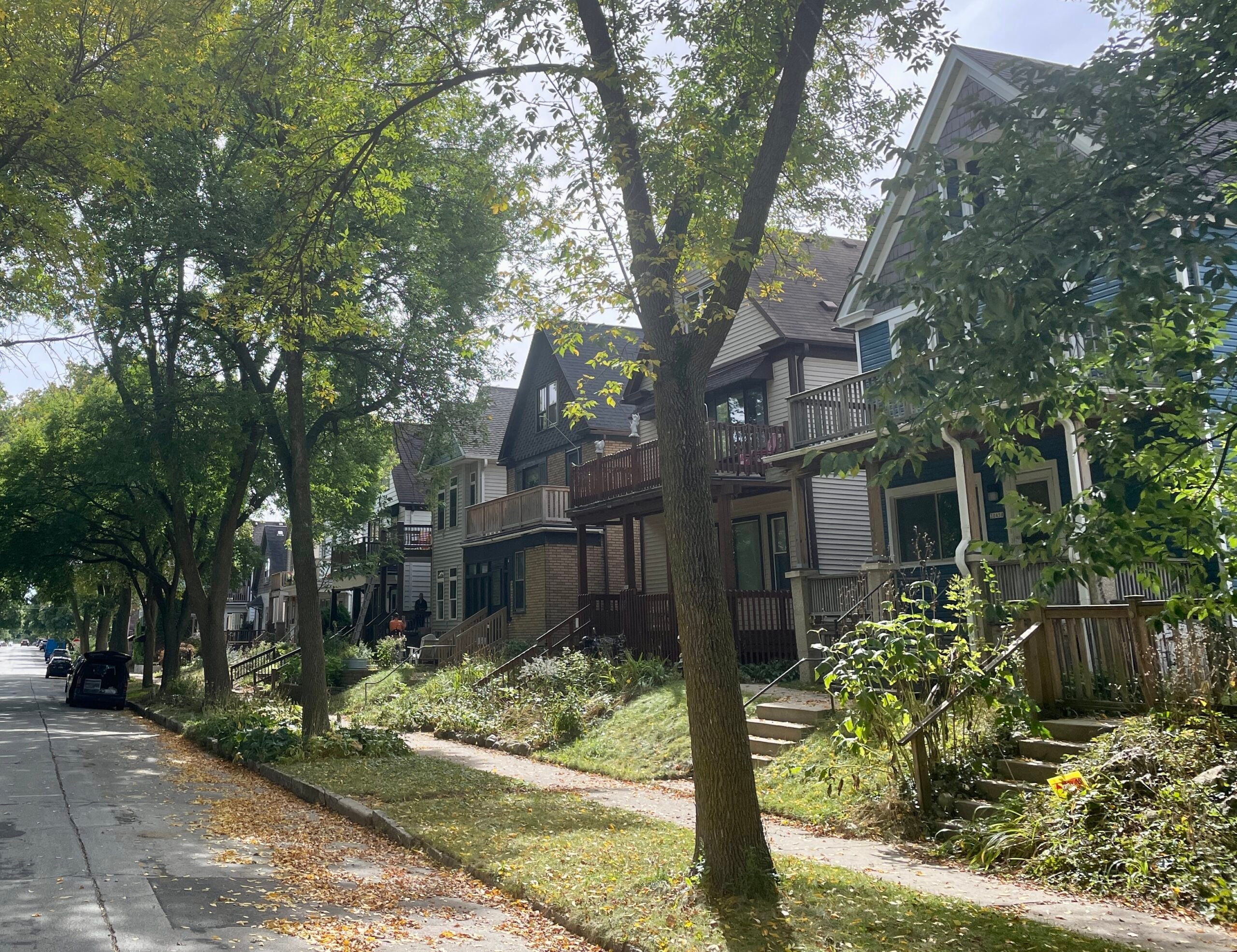Gov. Scott Walker’s broad effort to get more people working could affect those in the Medicaid and FoodShare programs, but it’s already impacting some low-income tax filers.
Republicans made changes in the 2017-19 state budget to what’s known as the Homestead Tax Credit. The credit was designed to provide property tax relief to low-income homeowners and renters.
To qualify, people need to have worked the previous year but make less than $24,680. There are exceptions for the elderly and those living with disabilities. But to qualify for those exceptions, persons with disabilities must now provide proof of when their disability began with documentation from Veterans Affairs, a doctor or the U.S. Social Security Administration.
Stay informed on the latest news
Sign up for WPR’s email newsletter.
“We are working to eliminate fraud. Extra verification ensures that those who truly need help are receiving it,” wrote Amy Hasenberg, a spokeswoman for Walker.
But that hurdle is proving to be a challenging for some.
“Some folks might be disabled for 20 years and their Social Security statement they get every year doesn’t have the date the disability started,” said Deb Neubauer, Financial Education Center administrator at Dane County’s University of Wisconsin-Extension. Dane County UW-Extension runs a free tax center at 2300 South Park St., and there are similar free sites around the state to help tax filers.

A sign outside Dane County’s UW-Extension free tax center at 2300 South Park St., Madison. Shamane Mills/WPR
Dane County Executive Joe Parisi held a press conference Monday at the south Madison tax center to make people aware of changes to the Homestead Tax Credit and urged people to file their tax returns.
“These dollars are really important to people. They make a big difference in the community. We’ve had an extra outreach effort into different neighborhoods throughout the county to try and let them know about this (free tax filing) service. Because it’s a shame if you have a refund and you’re not aware of it,” Parisi said.

Wisconsin Department of Revenue
Last year, 3,341 people got free tax help at the center, for a total of $4.5 million in refunds, Parisi said.
“We want to make sure that no one leaves money on the table,” Parisi said. “That if you have a refund coming you deserve, we want to give you the help you need filing your forms so you can get that refund.”
Last year, nearly 184,000 people claimed homestead credits amounting to $94.5 million. The average credit was $514.
Hasenberg said Walker is working to restore the Homestead Tax Credit to what it was originally created for, which is to provide property tax relief for the elderly. The credit has been retained for younger renters and homeowners on the condition they work.
“Wisconsin is at a historic unemployment levels, and that means we should mobilize Wisconsin’s able-bodied workforce. By eliminating subsidies for able-bodied adults, it encourages and rewards work,” said Hasenberg.
The new work requirement for those who aren’t elderly or not living with a disability is estimated to result in 11,400 households losing $7 million during the second year of the budget period, according to the Legislative Fiscal Bureau.
Wisconsin Public Radio, © Copyright 2024, Board of Regents of the University of Wisconsin System and Wisconsin Educational Communications Board.







